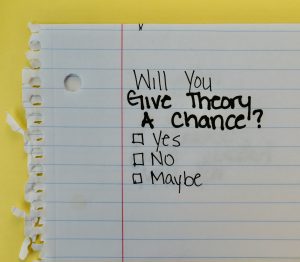In this episode, we are joined by Dr. Kelly Underman, Associate Professor in Sociology at Drexel University in Philadelphia, Pennsylvania and author of Feeling Medicine: How the Pelvic Exam Shapes Medical Training (2020).
In our conversation, Kelly introduces us to the work of Lauren Berlant, reflects on her experience finding their work as a graduate student interested in affect, and the value of theory that names a particular experience (or vibe) that we previously did not have language for. Kelly also helps us better understand Berlant’s concept of ‘cruel optimism’ through discussing her previous work on gynecological teaching programs, her current research on burnout among medical doctors, and the shared social experience of living through COVID.
*Make sure to join us in the companion episode where Kelly guides us through Chapter 1 of Berlant’s Cruel Optimism (2011).
-Kyle-
Podcast: Play in new window | Download
Subscribe: RSS



